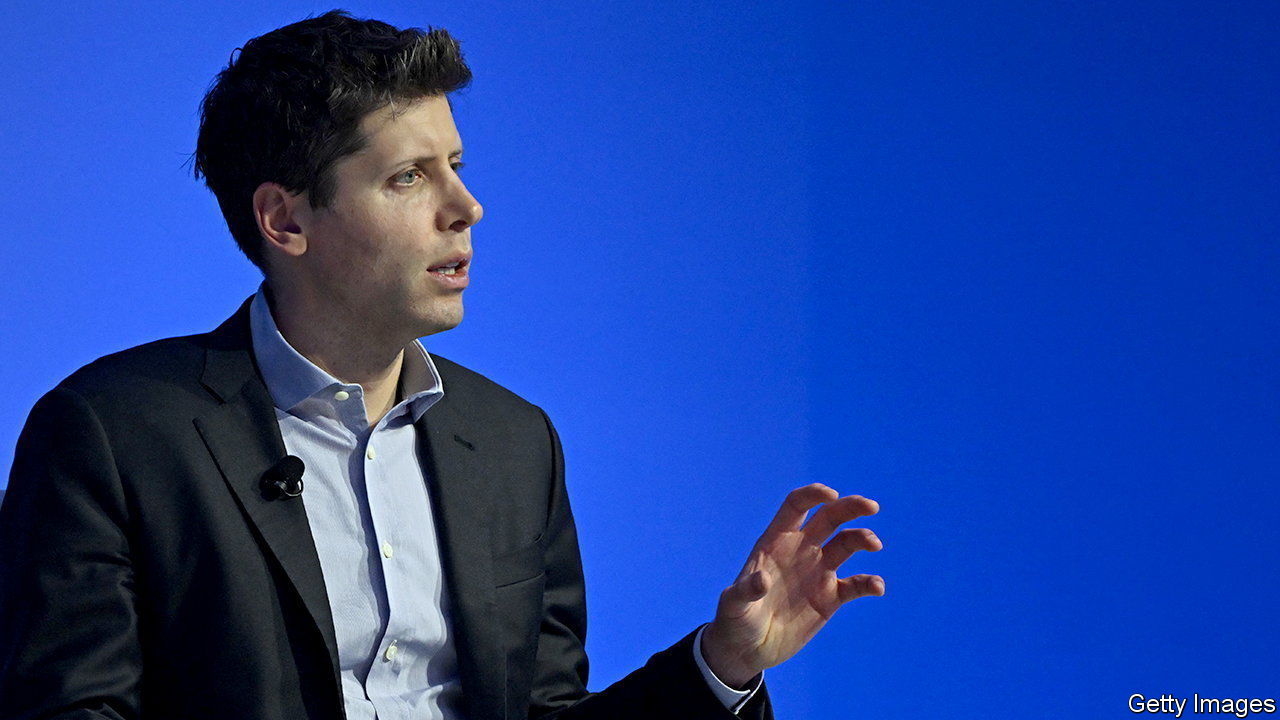
The Economist
In September 2013, The Economist published an article explaining whether or not it is left- or right- wing. The publication said it is "neither. We consider ourselves to be in the "radical centre."
The article continues:
"The Economist was founded in 1843 by James Wilson, a British businessman who objected to heavy import duties on foreign corn. Mr Wilson and his friends in the Anti-Corn Law League were classical liberals in the tradition of Adam Smith and, later, the likes of John Stuart Mill and William Ewart Gladstone. This intellectual ancestry has guided the newspaper’s instincts ever since: it opposes all undue curtailment of an individual’s economic or personal freedom. But like its founders, it is not dogmatic. Where there is a liberal case for government to do something, The Economist will air it. Early in its life, its writers were keen supporters of the income tax, for example. Since then it has backed causes like universal health care and gun control. But its starting point is that government should only remove power and wealth from individuals when it has an excellent reason to do so."
According to the 2014 Pew Research Study, Where News Audiences Fit on the Political Spectrum, the majority of The Economist readers hold political values to the left-of-center. Seventeen percent of The Economist's audience is conservative (compared with 26% of all respondents to the survey).
T continues,” tweeted Sam Altman, the co-founder of Open , the startup behind Chat , on November 19th. But precisely where it will continue remains unclear. Mr Altman’s tweet was part of announcement that he was joining Microsoft. Two days earlier, to the astonishment of Silicon Valley, he had been fired from Open for not being “consistently candid in his communications with the board”. Then Satya Nadella, Microsoft’s boss, announced that Mr Altman would “lead a new advanced [artificial intelligence] research team” within the tech giant. At first it looked...










